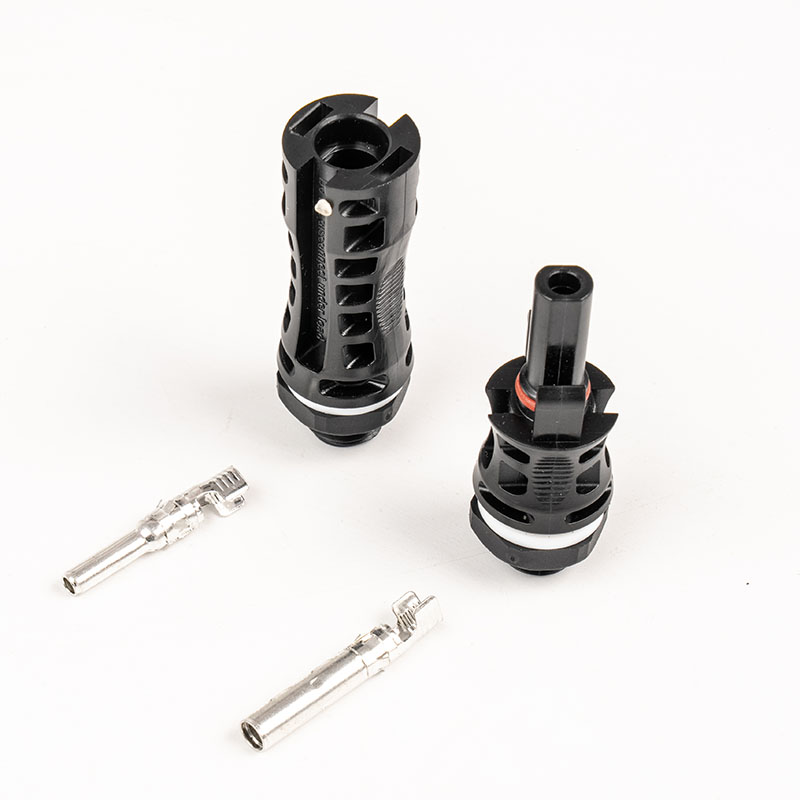Why Are Solar PV Junction Boxes Critical for Solar Systems?
2025-11-19
In modern solar photovoltaic (PV) systems, the junction box plays a pivotal role in ensuring the efficiency, safety, and durability of solar panels. A Solar PV Junction Box is an essential electrical component that connects the solar cell strings and facilitates safe power output to the inverter or grid. Its design ensures protection against environmental hazards such as moisture, dust, and high temperatures while enabling reliable electrical conduction. Understanding the functions, advantages, and technological trends of these junction boxes can help businesses and homeowners optimize solar system performance and lifespan.
What Are the Key Features and Technical Parameters of Solar PV Junction Boxes?
Solar PV Junction Boxes are specifically engineered to handle the high voltage and current from solar panels while providing long-term resistance to harsh outdoor conditions. They are made with high-quality materials such as flame-retardant plastics and corrosion-resistant metals to ensure safety and longevity.
Key Technical Parameters:
| Parameter | Description |
|---|---|
| Material | Flame-retardant PC/ABS, UV-resistant plastic |
| IP Rating | IP65 or higher for water and dust protection |
| Maximum Current | 15A – 30A depending on design |
| Maximum Voltage | Up to 1000V DC, suitable for standard PV systems |
| Diode Type | Bypass diodes to prevent hot spots |
| Cable Entry | Multiple cable entry points for flexibility |
| Terminal Type | Copper terminals with tin plating for conductivity |
| Operating Temperature | -40°C to +85°C |
| Mounting Method | Adhesive or mechanical mounting options |
| Certifications | IEC61215, UL, CE, TUV |
The design of a Solar PV Junction Box ensures not only electrical safety but also enhances panel efficiency by reducing energy losses caused by shading or localized overheating. Bypass diodes inside the box protect individual solar cells from reverse current, preventing potential damage and optimizing energy output.
Why is this important?
A properly designed junction box ensures seamless electrical connectivity and minimizes downtime. Solar PV panels installed with high-quality junction boxes exhibit higher longevity and improved overall energy yield, which translates directly into better returns on investment for solar projects.
Why Are Solar PV Junction Boxes Crucial for System Performance?
Solar PV systems are exposed to extreme environmental conditions, including direct sunlight, rain, humidity, dust, and fluctuating temperatures. The junction box serves as a critical interface between the solar cells and the external wiring, protecting the internal connections and bypass diodes from these hazards.
Advantages of Using High-Quality Junction Boxes:
-
Enhanced Electrical Safety: Junction boxes prevent short circuits and electrical leakage by providing secure housing for electrical connections.
-
Long-Term Durability: Resistant to UV radiation, moisture, and thermal stress, reducing maintenance requirements.
-
Efficient Energy Transmission: Bypass diodes prevent power loss in partially shaded panels, ensuring consistent energy output.
-
Ease of Installation: Modular design allows fast installation and straightforward maintenance, saving time and labor costs.
-
Compliance with Standards: Certified junction boxes ensure that solar installations meet international safety and quality regulations.
How Do Junction Boxes Affect Solar Panel Efficiency?
The integration of bypass diodes and superior conductive materials ensures that electrical losses are minimized. When a panel experiences partial shading, the diodes allow the current to bypass the affected cells, maintaining optimal performance. Without a high-quality junction box, shading or a damaged connection could reduce panel output by 10–30%, which directly impacts energy production.
How Are Solar PV Junction Boxes Evolving and What Are Future Trends?
With the rapid growth of solar energy worldwide, junction boxes are continuously evolving to meet the increasing demand for efficiency, durability, and intelligent monitoring.
Current Trends in Solar PV Junction Box Design:
-
Smart Junction Boxes: Integration of sensors and microcontrollers to monitor voltage, current, and temperature in real-time, enabling predictive maintenance.
-
Improved Materials: Advanced polymers and composite materials for higher resistance to UV, salt mist, and extreme temperatures, especially for marine and desert installations.
-
High-Power Junction Boxes: Capable of handling higher voltage systems, including those used in commercial and utility-scale solar projects.
-
Compact and Lightweight Designs: Optimized designs reduce panel weight without compromising electrical protection, aiding in easier transportation and installation.
-
Sustainable Manufacturing: Eco-friendly materials and recyclable components are being adopted to reduce environmental impact.
Why Are These Trends Important?
As solar technology scales, junction boxes must support higher power density and intelligent monitoring to enhance overall system reliability. The trend toward smart junction boxes allows operators to detect faults quickly, reduce maintenance costs, and maximize energy generation.
Frequently Asked Questions About Solar PV Junction Boxes
Q1: What determines the right junction box for a solar panel?
A1: The right junction box depends on the panel’s electrical specifications, including maximum current, voltage, and string configuration. Environmental factors such as exposure to water, dust, or extreme temperatures also influence the choice. Selecting a box with appropriate IP ratings, certified components, and suitable diode capacity ensures optimal performance and safety.
Q2: How often should a junction box be inspected or replaced?
A2: Regular visual inspections should be conducted annually, focusing on signs of corrosion, moisture ingress, and diode functionality. Replacement is generally required if diodes fail, terminals corrode, or the housing is damaged. High-quality junction boxes often last the lifetime of the solar panel (20–25 years) with minimal maintenance.
Q3: Can junction boxes improve energy efficiency?
A3: Yes. Properly designed junction boxes with high-quality bypass diodes minimize power losses caused by shading, cell mismatch, or localized defects. By ensuring reliable connections and effective current bypass, they maintain consistent energy output, which enhances overall system efficiency.
Solar PV Junction Boxes are fundamental components that protect, connect, and optimize solar panel performance. Their material quality, electrical design, and environmental resilience determine not only the safety but also the efficiency and longevity of solar installations. With advancements such as smart monitoring, higher power capacity, and durable materials, the future of junction boxes is geared toward higher efficiency, reduced maintenance, and smarter energy management.
For high-quality Solar PV Junction Boxes that ensure superior performance and reliability, DSOLA provides durable and certified solutions suitable for residential, commercial, and industrial solar projects.
Contact Us to learn more about our products and request a customized solution for your solar energy needs.



